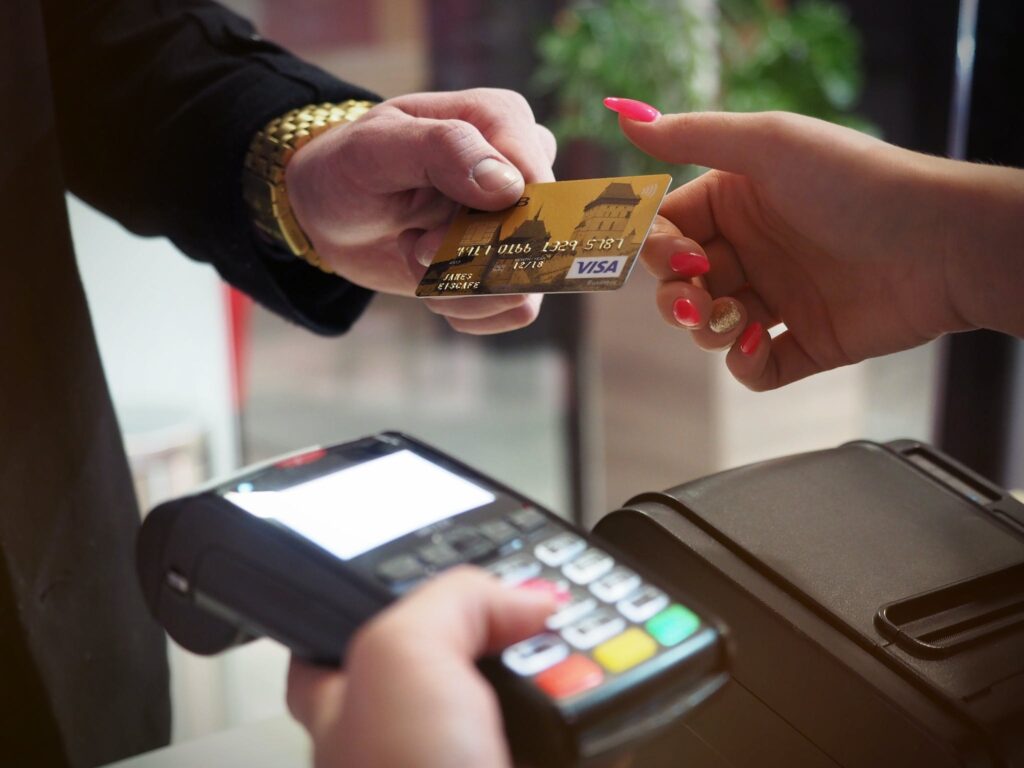8 Ways to Start Changing Your Spending Habits
In today’s consumer-driven society, managing personal finances can sometimes seem pointless or like a punishment. Many individuals find themselves trapped in a cycle of overspending, leading to financial stress and instability.

However, with the right strategies and mindset, it’s possible to break free from spending habits that have taken control of your financial future. This article will share practical tips and techniques to help you change your spending habits for the better.
Note: this is not financial advice. All the tips in this post should be taken at your discretion. If you need help with your finances, you should enlist the help of a financial expert.
Understanding Your Current Spending Habits
The first step in changing your spending habits is to gain a clear understanding of your current financial situation. Take the time to track your expenses for a month, categorizing them into essential (such as housing, groceries, and utilities) and non-essential (such as dining out, entertainment, and impulse purchases). This exercise will reveal where your money is going and highlight areas where you may be overspending.
From there, you can begin to plan how you’ll align your spending with your financial goals.
Setting Realistic Goals
Once you have a clear picture of your spending habits, it’s time to set realistic financial goals. Whether you’re looking to save for a major purchase, pay off debt, or build an emergency fund, having specific, achievable goals will provide you with the motivation to change your spending habits. Break down your goals into smaller milestones and create a budget to help you stay on track.
If you struggle to save any money during a normal month, you probably shouldn’t set the goal to save $500 each month moving forward. Start small and as you gain momentum you can set new goals until you reach your dream financial future.
Want to read other finance related content?
1.2024 Financial Goals for 20-Year-Olds: Building Wealth and Financial Literacy 2.Do These 9 Things in Your Twenties to Become Financially Free
Creating a Budget
I know, I know. People hate the word budget, but a budget is just a plan for your money. A budget is a powerful tool for managing your finances and controlling your spending. Start by listing your monthly income and fixed expenses, such as rent/mortgage, utilities, and debt payments. Then allocate a portion of your income to discretionary spending categories, such as groceries, entertainment, and clothing.
Be sure to set limits for each category and track your spending regularly to ensure that you’re staying within your budget. I like to over-budget things like groceries, utilities, and gas. This way, when I spend less than expected, I have a cushion of money to save or spend on a want I held off on.
Identifying Triggers and Temptations

Understanding the psychological factors that drive your spending habits is key to making lasting changes. Take note of the situations or emotions that trigger impulsive spending, whether it’s stress, boredom, or social pressure. Once you’ve identified your triggers, develop healthier coping mechanisms to address them. For example, if stress leads you to shop online, try putting items that you want to buy during times of stress into a note on your phone. If you still want that item when you’re less stressed, you can buy it.
Practicing Mindful Spending
Mindful spending involves being intentional about your purchases. Before making a purchase, ask yourself if it aligns with your values and priorities. Consider whether the item is a want or a need and whether it will bring long-term satisfaction or merely provide temporary gratification.
It’s not a bad thing to spend money on things you want, but you should make sure that what you want now is worth giving up a long-term want like going on vacation or buying your dream car. By practicing mindfulness, you can avoid impulse buys and make more thoughtful spending decisions.
Avoiding Lifestyle Inflation
As your income increases, it can be tempting to upgrade your lifestyle and spend more on luxuries. However, succumbing to lifestyle inflation can derail your financial goals and perpetuate a cycle of overspending. Instead, when you receive a raise or bonus, make a plan. Maybe try spending a portion of the money on your current wants and use the other portion for increasing your savings rate and investing in your future financial security. Remember that true wealth is built through disciplined and intentional money habits.
Seeking Support
Changing your spending habits can be challenging, especially if you’re accustomed to a certain lifestyle. Don’t hesitate to seek support from friends, family, or a financial advisor. Surround yourself with people who share your financial goals and values, and who can offer encouragement and accountability along the way.
Celebrating Small Wins
Finally, celebrate your progress and achievements along the way. Changing your spending habits is a journey, not a destination, and it’s important to acknowledge and celebrate the small victories along the way. Whether it’s reaching a savings milestone, sticking to your budget for a month, or resisting the urge to make an impulse purchase, each success brings you one step closer to financial freedom and security.
Changing your spending habits is a gradual process that requires commitment, discipline, and patience. By understanding your current spending patterns, setting realistic goals, creating a budget, and practicing mindful spending, you can take control of your finances and build a more secure future. Remember that small changes can lead to big results and that every step you take toward financial responsibility brings you closer to achieving your long-term goals.





